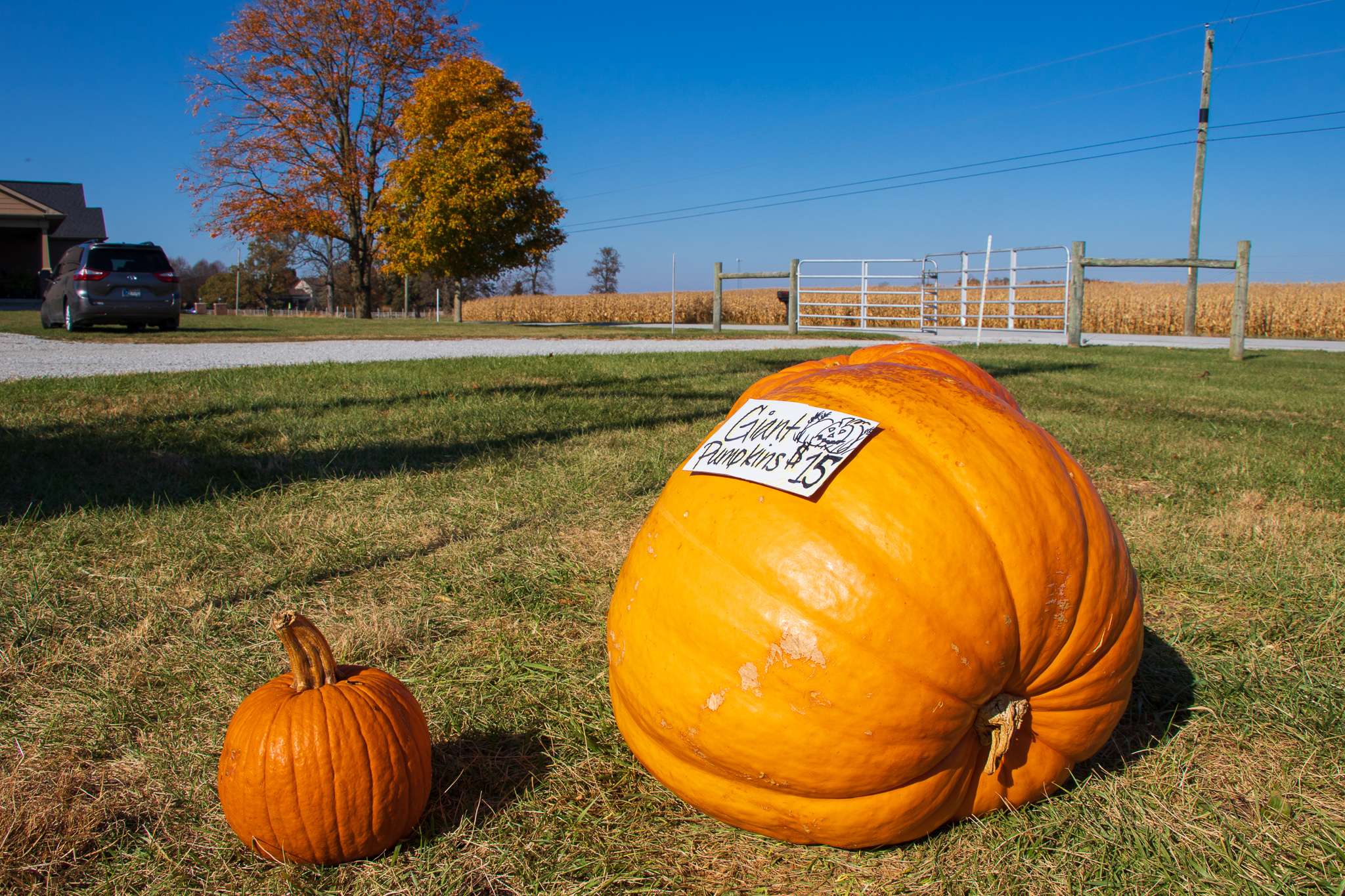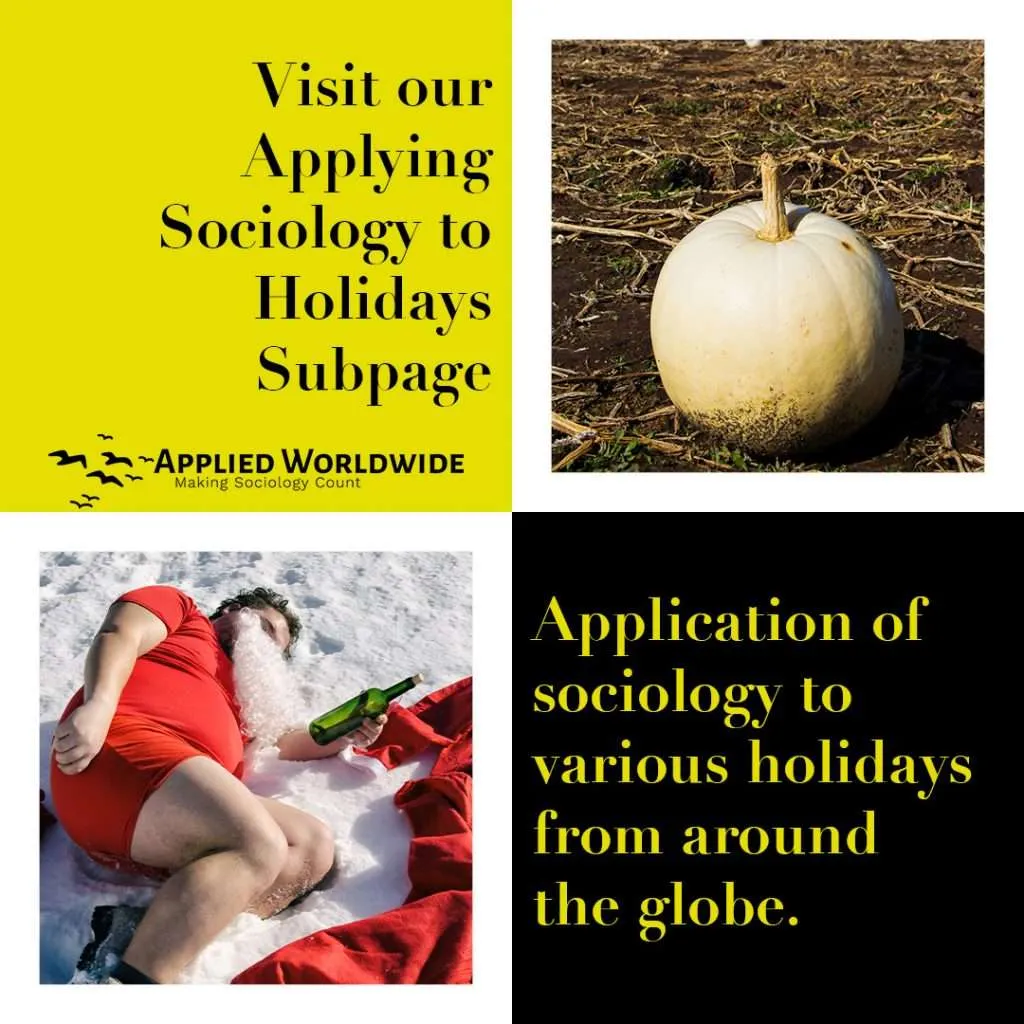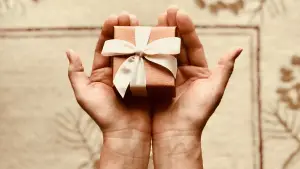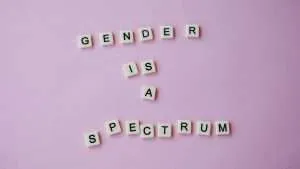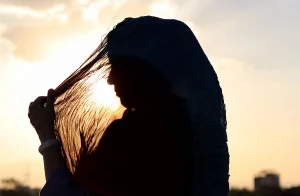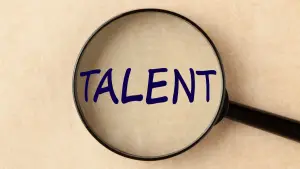Why do we need sociologists in the Halloween industry?
I began this piece with the intention of writing about how the Halloween industry has adapted over the years based on social trends. As I began to look into this topic, I came across a great deal of information about the economic ebbs and flows of the industry. Most of these discussions surround the topic of Halloween’s impact on the economy. How does the holiday impact seasonal businesses? What is the long-term economic consequences of high or low spending during this season? What is the current connection between sociology and Halloween?
A second economic point is made on the topic of Halloween, which is captured in this quote from Investopedia.
“It could also be argued that the state of the economy affects the Halloween industry more than Halloween affects the state of the economy. In a down economy, for instance, consumers may be less likely to spend on frivolous goods such as costumes, candy, pumpkins, and home decorations.”
Investopedia
This argument would then suggest that Halloween is a holiday whose celebratory capacity is based on economic highs and lows.
This made me wonder what would happen if we replace “the economy” with “society” in the first sentence quoted above from Investopedia. Could we argue that the state of society affects the Halloween industry more than Halloween affects the state of society?
Sociology and Halloween
As the pre-eminent producers of knowledge on “society,” sociologists have come to a few obvious understandings. First, portrayals of this nation’s native people with face paint and tomahawks is cultural appropriation. Cultural appropriation is offensive, racist, and bad. Second, the holiday’s culture has become sexist. The notion of “sexy” costumes transparently translates into women exposing their bodies. Sociologists have written extensively about the sexist and racist associations with Halloween, so check the resources at the bottom of the page for more information.
My point here is that these are old problems. We talk about sexist and racist costumes in our sociology classes every year, and yet evidence of these problems still exists.
This season the Halloween industry is expected to earn a record $9.1 billion. To be fair, I have seen less marketing toward sexist and racist costumes, and a move toward other Halloween products such as pet costumes, which is probably a good sign. My fear though, is that companies are adapting only to a market response.
By this I mean, that companies are marketing less exploitative costume designs simply because people are buying less exploitative costumes. American consumers deserve credit for buying less offensive merchandise and it demonstrates how society can have an impact on the Halloween industry.
Applied Sociology and Halloween
So, yes, society impacts the Halloween industry, but as sociologists we should strive for social outcomes rather than economic outcomes. For instance, rather than businesses supplying fewer offensive costumes because of low demand, we should strive for businesses supplying fewer offensive costumes because they are offensive.
How can sociology impact the Halloween industry? This is where applied sociology can be so impactful. Sociologists have the skills to work with Halloween companies to design and sell socially sensitive Halloween costumes. The challenge for sociologists is designing costumes that will also sell, which involves using our knowledge to provide industry leaders with the vision of an inclusive holiday while also providing them with legitimate market value.
I trust the groups who say these costumes are offensive. I believe that if groups of people say a product is offensive or non-inclusive, then they are less likely to purchase the product. I also trust sociology. I trust sociological research and I trust sociological methods. I believe that sociologists should impact Halloween from within the industry in order to help permanently extinguish sexist and racist costumes, rather than leaving such a judgement to popular demand. Obviously, popular demand has not been favorable to marginalized groups.
Final Thoughts on Sociology in the Halloween Industry
The main point here is that sociology has a larger role to play than simply contributing to policymaking. We would be viewed quite critically if we ever suggested some sort of costume ban, for instance. So, we need to extend beyond demonizing capitalism for all of its shortcomings and begin to problem solve with industry and business leaders, so we can leave a better society for generations to come.
Applied Worldwide Halloween Content on Youtube
At Applied Worldwide we have been creating Youtube shorts with various sociological facts and information. Check out a few of our Halloween-related Youtube shorts below, or visit our Youtube channel for our whole collection of videos!

